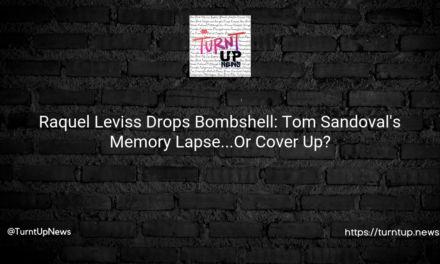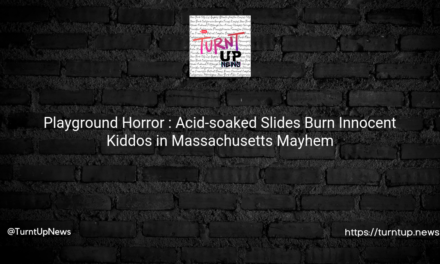💡📉 US Pupils’ Academic Slump: An Epic Saga of Missing the Mark Despite Recovery Efforts 😲
TL;DR;
Despite Herculean efforts to recuperate from the pandemic’s educational setbacks, American students seem to be losing more academic ground. The decline in performance, based on a recent analysis of test scores, is raising some major 🔥 questions. Is our current approach failing? And, more importantly, is there enough appetite for innovation to rectify this?
📝📊 The Study Unveiled: A Tale of Stagnation and Slippage
A research organization known as NWEA (the one that gives K-12 school assessments) conducted an intriguing study, scrutinizing test scores of approximately 6.5 million students since the onset of the pandemic. A comparison of these scores with the pre-pandemic academic growth over three years revealed some unsavory 🍎 facts. Instead of reducing academic gaps, we’re broadening them. Now that’s a plot twist we didn’t see coming.
According to Karyn Lewis, co-author of the study and Director of the Center for School and Student Progress at NWEA, the situation this year is even worse than the previous year. So, here’s the deal: On average, students would need an extra 4.1 and 4.5 months of schooling to reach par in reading and math, respectively. And for Black and Hispanic students, that’s an extra month (or more) on top. 🙀 It seems like we’re moving backwards, not forwards, doesn’t it?
💰💰 School Funding: A Grand Misstep?
In a bid to rectify this, the federal government has shelled out historic sums of money to expand tutoring, summer learning programs, and other recovery efforts. But despite the 💰 flood, the effectiveness of these programs remains questionable. Perhaps the resources are not being used efficiently? Maybe we need a re-think, a bit of a shake-up? After all, it’s always wise to question the status quo.
💡 Some Hope Amidst the Gloom: Third Grade’s Surprising Comeback
On the brighter side, we did spot a glimmer of hope. Third graders, who faced the trials of kindergarten during the pandemic, showed above-average gains by the end of the year. Perhaps they’ve found a way to navigate this chaos? Or, is it the resilience of youth shining through? 🤔 Only time will tell.
🎓🔍 The Bigger Question: Are We Ready to Innovate?
But this study leaves us with a larger question: Do we understand the gravity of the situation? Are we willing to shake things up, to innovate, to face the challenges head-on? Or will we continue to underestimate the persistent effects of COVID on our education system? It’s time to act, folks. We can’t afford to gamble with our kids’ futures.
So, what do you think? Should we cling to the conventional wisdom, or is it high time for a revolution in education? Are we brave enough to question the norms, to innovate, and ensure a better future for our children? 🤔🚀





